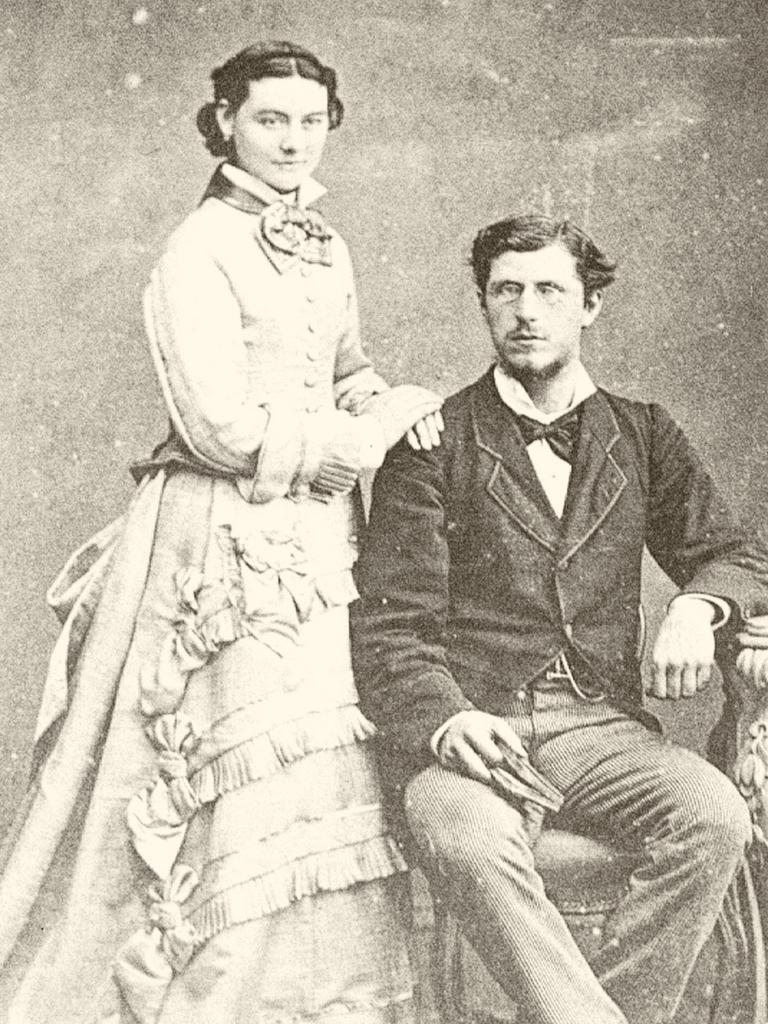About Thomas Fiaschi
Dr Thomas Fiaschi was a pioneering surgeon and distinguished military doctor who served on the battlefields of Abyssinia, the Boer War and the First World War. After migrating in 1875 to Australia from his native Italy, he worked as a surgeon in Windsor and Sydney.
Noted for his pioneering work, including his breakthrough use of antisepsis in surgery, people came to him for treatment from all over the state. In a lifetime of service and contribution to medicine, he also established the Tizzana Winery in the Hawkesbury, gaining prominence as an expert winemaker.
Location
Category
Share and save

Dr Fiaschi's early days in medicine
Dr Tomasso ‘Thomas’ Fiaschi was born in Florence, Italy in 1853. He began studying medicine before migrating to Australia in 1875. After spending time on the North Queensland goldfields he moved to Sydney and worked as a house surgeon at St Vincent’s Hospital.
An innovative surgeon
Thomas returned to Italy to complete his studies. In 1879 he moved back to Australia, establishing a practice in Windsor. He was a surgeon at the Hawkesbury Benevolent Society Hospital, where he advanced the Listerian method of using antiseptic chemicals for infection control. This innovation in sterilisation helped to prevent deaths from infected wounds.
A few years later, he moved his practice to Sydney, where he conducted ground-breaking work in areas such as anaesthesia, bone surgeries and goitre treatment. He was appointed honorary surgeon to the Governor-General in 1902 and later served as consulting honorary surgeon to Sydney Hospital.
Distinguished military doctor
Thomas also had a distinguished military career as a medical officer. In 1891, he joined the NSW Army Medical Corps as captain, attached to the NSW Lancers and commanded the NSW 1st Field Hospital in South Africa during the Boer War. At the Battle of Paardeberg, he led stretcher squads into Boer trenches to retrieve wounded Commonwealth soldiers and was awarded the Distinguished Service Order for his conspicuous bravery and devotion to duty.
During the First World War he commanded the No 3 Australian General Hospital on the Greek island of Lemnos, which treated the wounded from Gallipoli. After falling ill with beriberi, he was evacuated to England. On his recovery, he temporarily resigned his commission so he could serve as a surgeon with the Italian Red Cross.
Thomas joined the Australian Army Medical Corps Reserve upon returning home and retired in 1926 as an honorary Brigadier-General.
Noted winemaker
Thomas was also a viticulturalist and believed that wine held medicinal qualities. He first planted grapes in 1882 and established Tizzana Winery in 1887, with cuttings from France, Germany and Italy. Here he employed a multicultural workforce including newly arrived Italian migrants, Aboriginal workers from the nearby Sackville Reach Aboriginal mission station, and English-descended settlers from the Hawkesbury area.
As well as Tizzana, Thomas founded a vineyard near Mudgee and had cellars in Sydney to sell their produce.
Thomas’s contributions helped to establish Australia’s modern wine industry. He served as a councillor of the Royal Agricultural Society of NSW and was the president of the Australian Wine Producers Association for 25 years from 1902 until his death in 1927.
A family legacy
Thomas married twice, both times to nurses. Two of his sons and one daughter followed him into medicine.
The life-sized bronze replica of the famous Florentine wild boar Il Porcellino outside Sydney Hospital is a monument to the outstanding medical contributions of Thomas and his son Piero.
Thomas is also remembered for his role in founding the Australian branch of the Dante Alighieri Art and Literary Society, which continues to promote the appreciation and teaching of Italian language internationally.
